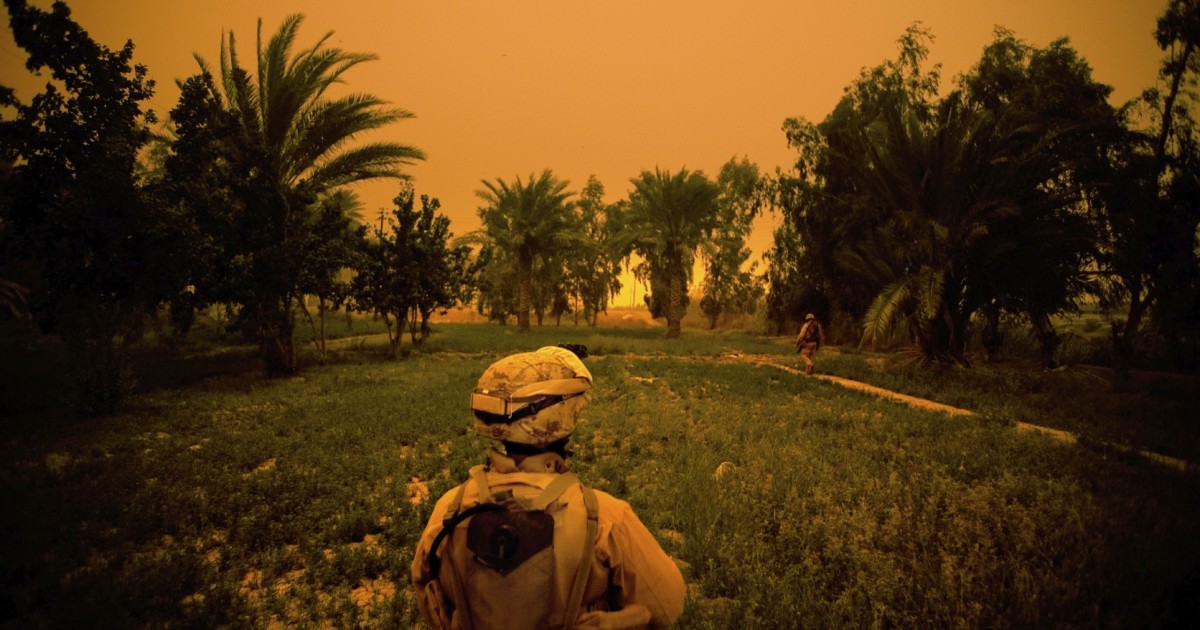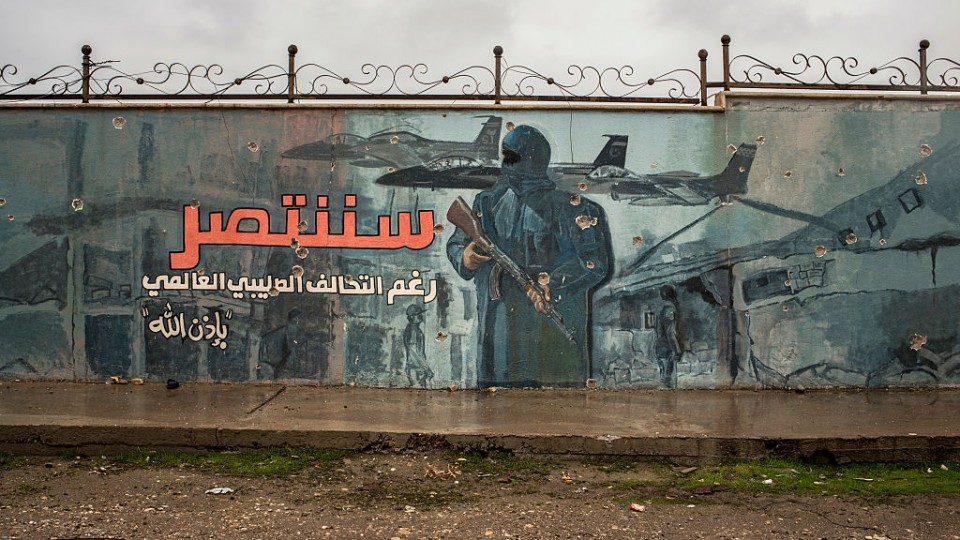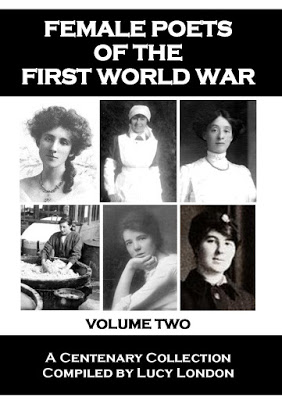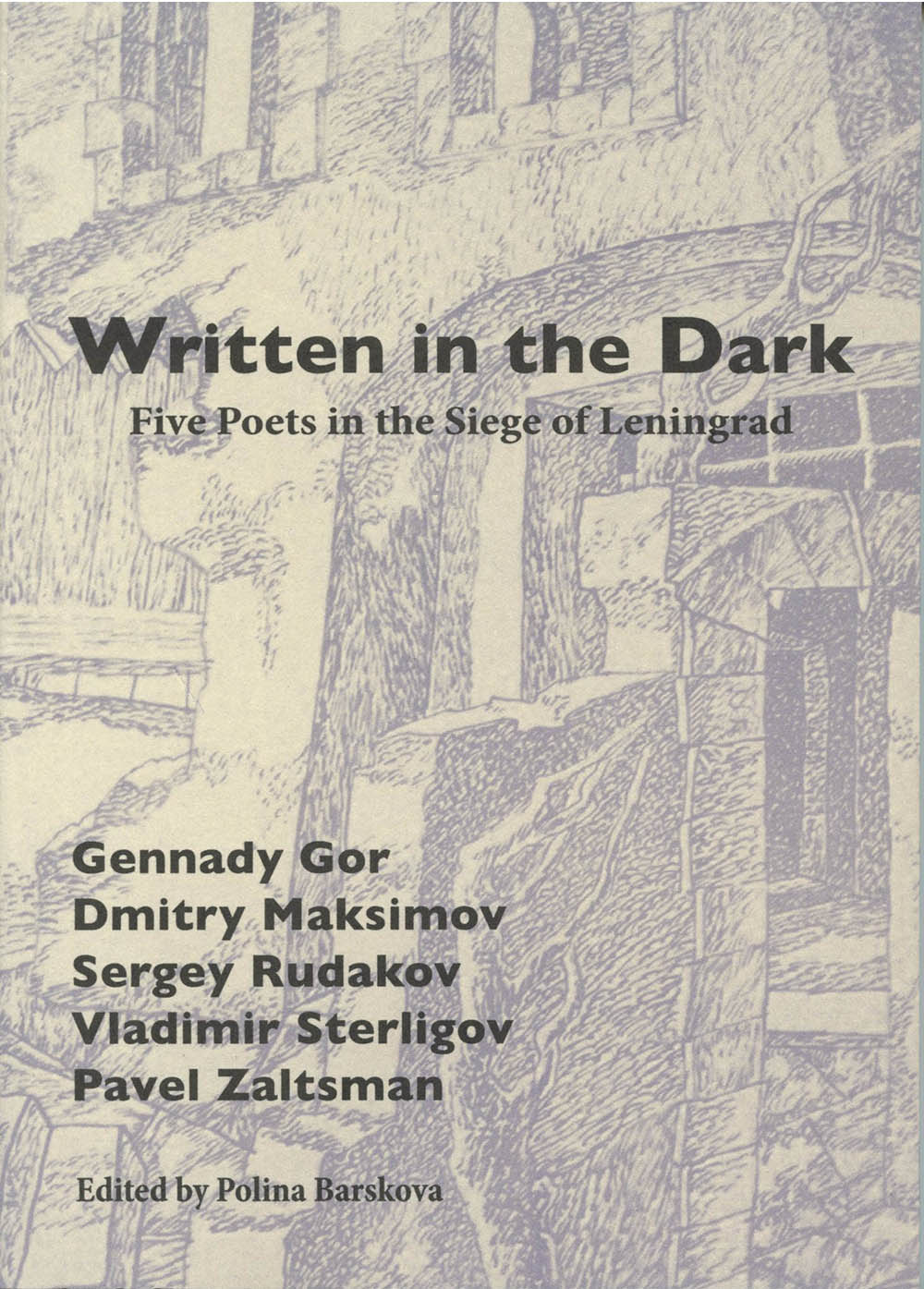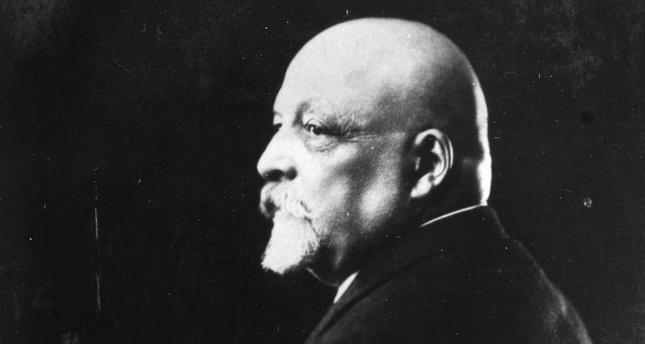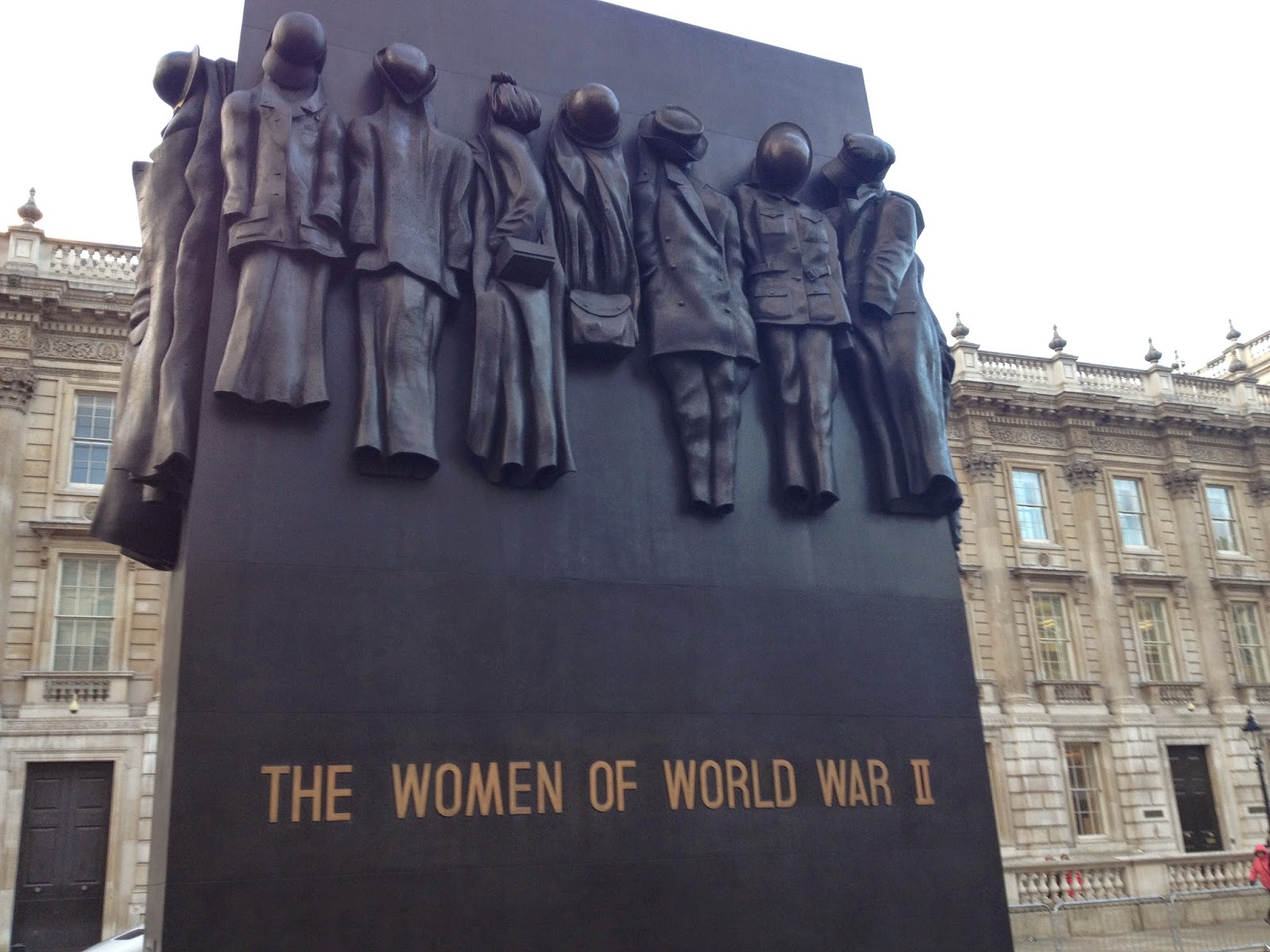 ‘This list includes brilliant novelists, trailblazing journalists, and entertaining genre writers, authors who explored the depths of war’s despair and those who strived cheerfully to maintain morale and lift the spirits, and they are an amazing group of women, many of whom deserve more attention than they’ve received. Even as we honor all of the men and women who have served in military posts (and some of the women listed here did that as well), I think it’s also appropriate to remember and honor those who performed the service of documenting the realities of wartime life’—
‘This list includes brilliant novelists, trailblazing journalists, and entertaining genre writers, authors who explored the depths of war’s despair and those who strived cheerfully to maintain morale and lift the spirits, and they are an amazing group of women, many of whom deserve more attention than they’ve received. Even as we honor all of the men and women who have served in military posts (and some of the women listed here did that as well), I think it’s also appropriate to remember and honor those who performed the service of documenting the realities of wartime life’—
http://furrowedmiddlebrow.blogspot.co.uk/2014/11/the-war-list-c.html

